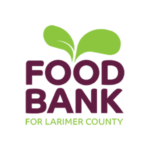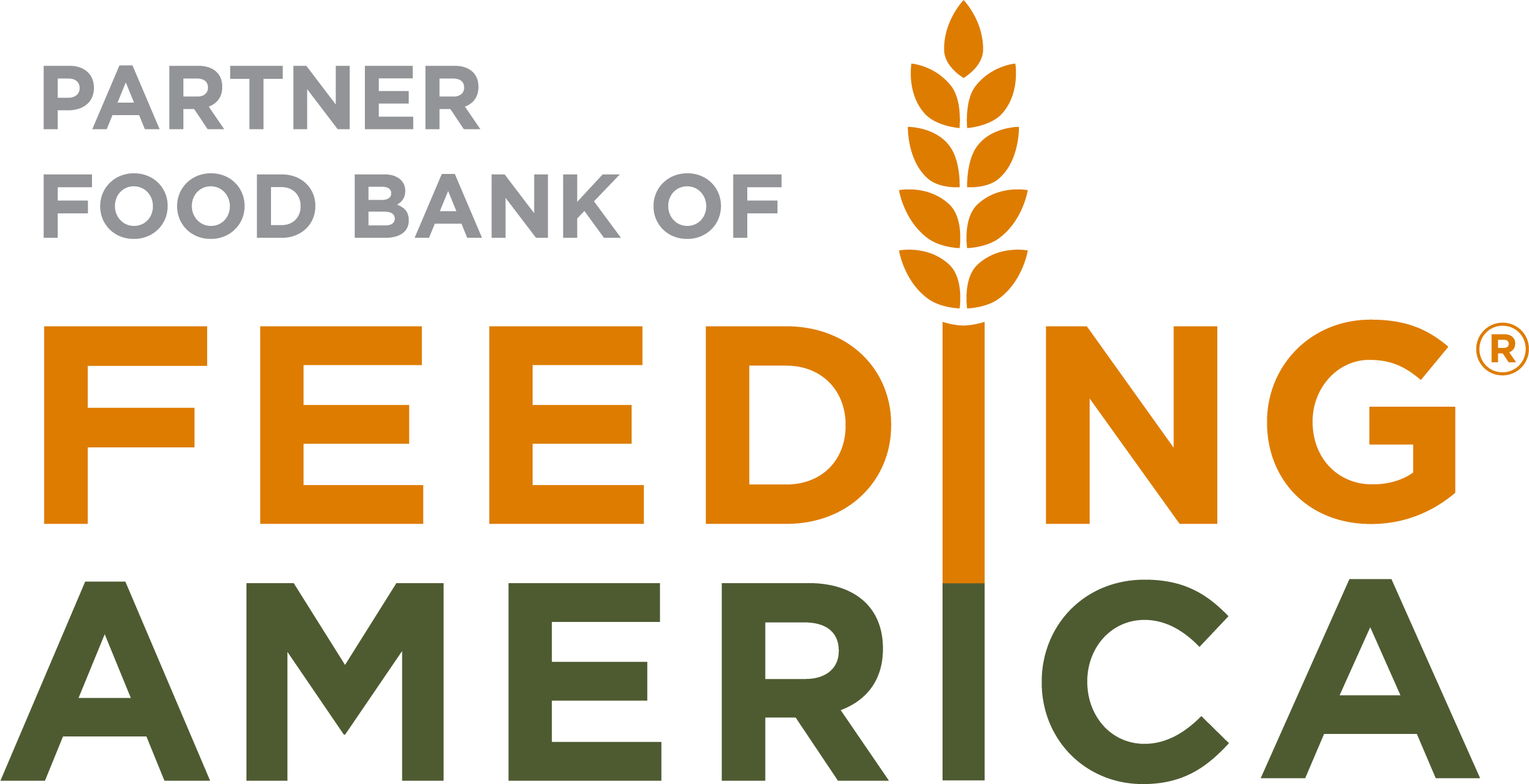Our neighbors experiencing hunger need decision makers to urgently move forward on government funding and consideration of the farm bill — the country’s most meaningful food and agriculture bill, which expired in September.
Farm bill passage would help food banks, like the Food Bank for Larimer County, better respond to an increased demand for food security resources.
Visits to FBLC’s Fresh Food Share pantries in Loveland and Fort Collins have been up 28% year-over-year. Food Bank staff have heard from clients that they’re having to visit the pantries more often or that they’re returning after having not needed the Food Bank for years.
While food insecurity has been on the rise, food banks have also seen donations dip since the height of the COVID-19 pandemic.A majority of the more than 200 food banks in the Feeding America network, which the Food Bank for Larimer County is part of, report steady or increased demand for food since June 2021. Further underscoring this issue is an October report released by the U.S. Department of Agriculture called “Household Food Security in the United States in 2022.” One of the key findings is a nationwide increase in food insecurity.
The high cost of food has placed further strain on Feeding America and its partner food banks as they work to make sure families across the U.S. get the food they need to thrive. Amid these challenges, Congress’ support is needed to help food banks best support their communities.
Congress’ consideration of the farm bill represents a significant opportunity to substantively help food banks nationwide. The farm bill is reauthorized by Congress every five years. The farm bill impacts nearly every federal nutrition program that helps ease the strain and stress of hunger in communities across the country. This includes The Emergency Food Assistance Program (TEFAP)—which, through the help of food banks, ensures that food from U.S. farms and producers makes its way to the homes of families facing hunger—and the Supplemental Nutrition Assistance Program (SNAP)—which helps families afford groceries. The farm bill impacts if and how millions of people in our country put food on the table.
Feeding America data shows that 1 in 3 people facing hunger are unlikely to qualify for SNAP. Many of these working families turn to food banks to help fill the gap. Food banks need programs like TEFAP to help ensure these families can put healthy and nutritious food on the table. Among people who do receive SNAP benefits, two-thirds are children, older adults and people with disabilities. These federal nutrition programs, combined with other public and private partnerships in the community, like food banks, create a critical food support system for our neighbors facing hunger.
Unfortunately, the recent stalling of negotiations on federal government funding forced the delay in Congress’ consideration of other significant legislation, like the farm bill. If lawmakers do not consider the farm bill soon, many federal agriculture and nutrition programs are at risk of being underfunded. This would put additional strain on farmers, food banks like ours, and our neighbors facing hunger.
Even more alarmingly, if decision-makers in Washington cannot agree soon, government funding could lapse, leading to a government shutdown. As a result, federal employees, active-duty military members and people who work for a federal contractor could temporarily find themselves without a paycheck. Food banks will be the first, and potentially only, option for assistance for many of these people—further exacerbating the food crisis.
The reality is anyone can be food insecure — from the grandma and former nurse to the working father whose wages no longer match the cost of living. The Food Bank for Larimer County believes anyone who needs food should get food and we must have the support of Congress through the farm bill to help with this response.
The Colorado Congressional Delegation must take urgent action to ensure that the government is funded, and a bipartisan farm bill is considered—keeping federal nutrition programs strong during both deliberations. Our neighbors experiencing hunger, and organizations like the Food Bank for Larimer County along with our 127 hunger-relief partners, who serve them, are counting on lawmakers to act.








